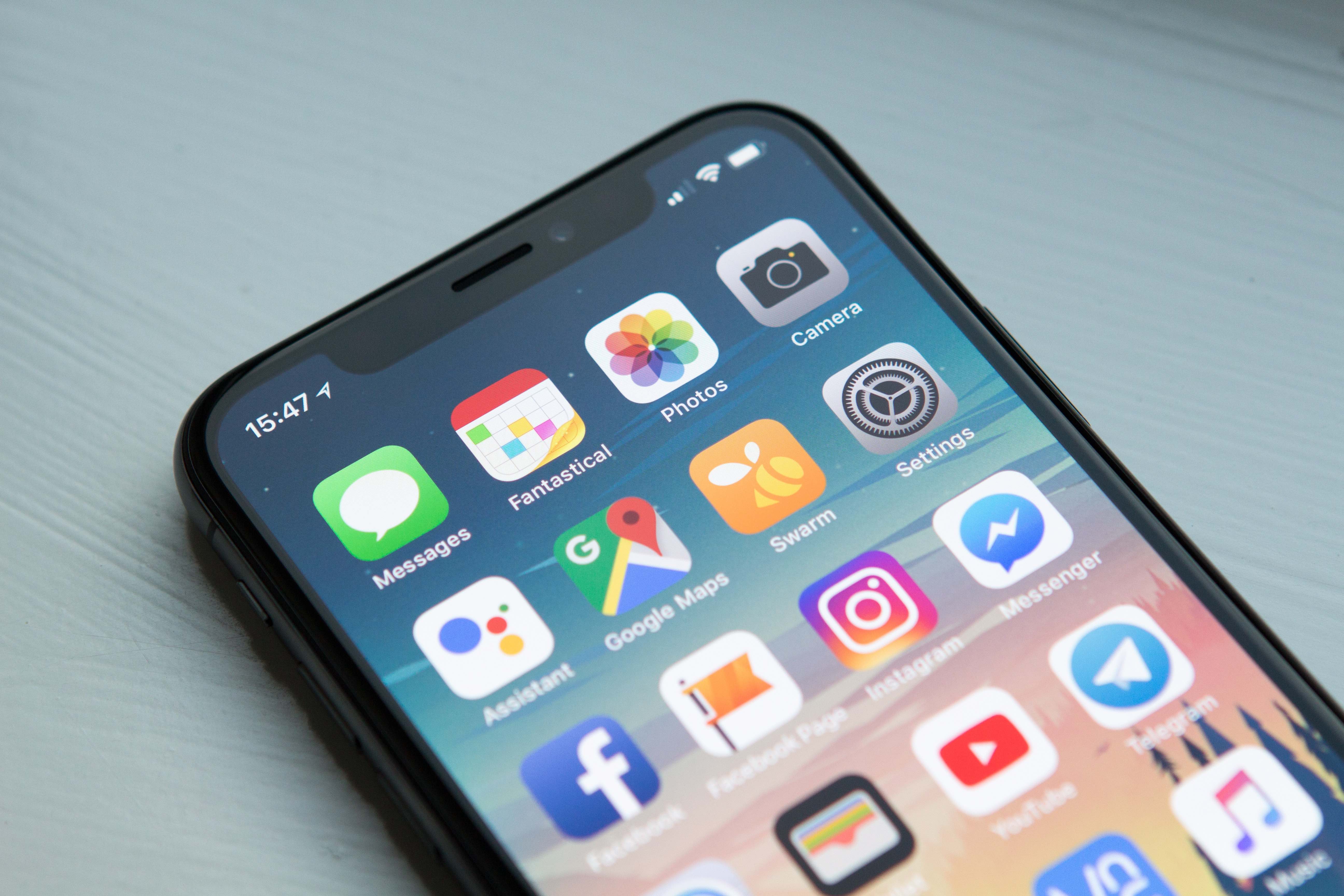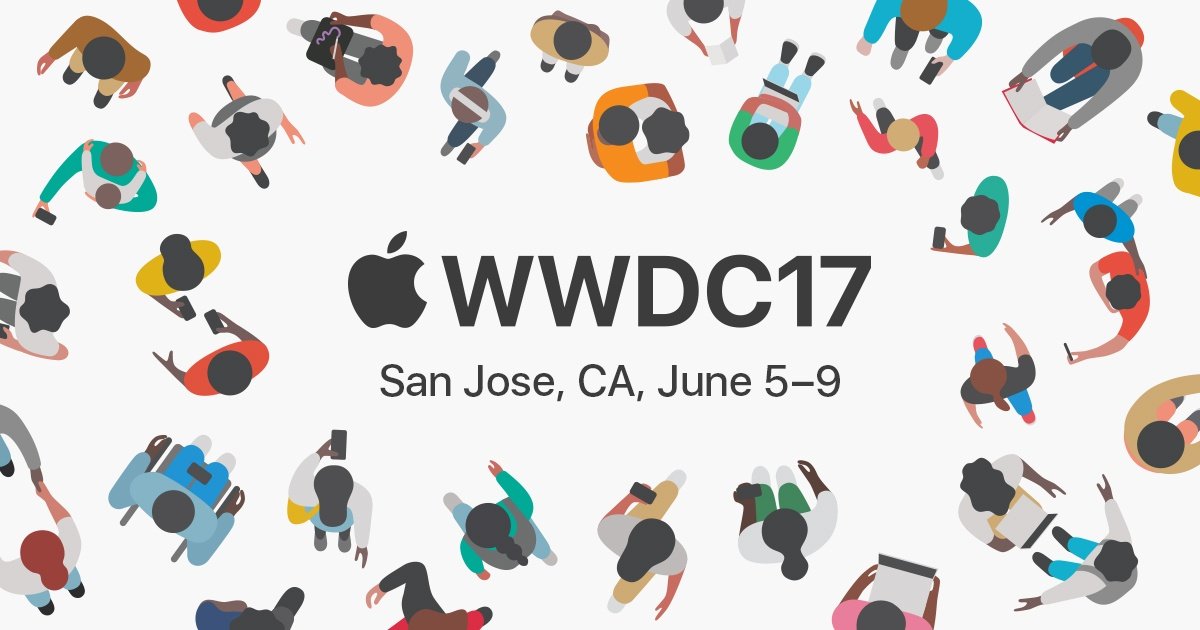Last Wednesday, to see what all the fuss was about, several members of the Apptopia staff downloaded Pokémon Go.
We signed in with our emails, gave ourselves original usernames like ApptopiaMatt, ApptopiaKyle, and ApptopiaMolly, and all agreed that should we level-up enough[1], we’d join the yellow team. It was corporate team-building at its finest.
But unlike with, say, two truths and a lie, we were actually enjoying ourselves, and after catching a disconcerting number of Rattatas in the office, we left the building[2] to hunt for some of the more elusive, non-rodent varient of Pokémon.
It didn't last long.
One coworker, caught it in a lengthy showdown with a fickle Drowzee, spent a more time than necessary in busy crosswalk, drawing the ire of an impatient cab driver. We called it a day. Clearly, we weren't prepared for augmented reality (AR).
That night, bored, I launched the app at home and discovered a PokeStop was a mere 50 feet or so from my apartment’s back entrance. In need of Pokéballs[3], I walked outside—data plans be damned— only to stumble upon six other users standing awkwardly in front of an otherwise unremarkable trail sign, phones aglow and at the ready. Committed, I set out around my neighborhood, hunting for rare creatures, collecting items, and making sure I was walking the necessary kilometers to ensure my egg would hatch, only stopping when my iPhone’s battery finally gave.
When I walked into the office the next morning, proudly announcing my ascension to level three, no one was impressed. They’d accomplished the same—or more.
This story is not unique. Seemingly everybody is playing—on the train to and from work, at traffic stops and red lights, on lunch breaks, wherever they can sneak it in. Every publication has covered it. On Android, usage has surpassed that of Tinder and Twitter.
But the app is anything but original.
What an Established IP Can Do
On a recent episode of sports talk show Any Given Wednesday, guest Mark Cuban said that in order to get really rich, one must disrupt an industry. If you think about the stalwart, multi-hundred-million and billion-dollar valued apps—Uber, Instagram, WhatsApp, Tinder—they all did precisely that. And with its “revolutionary” augmented reality gameplay, one would think that Pokémon Go would be on it’s way in joining that rarefied club.
And while it probably is, the game is actually the third release from publisher Niantic. The company’s previous two efforts, Ingress and Field Trip, released in 2014 and 2013, respectively, were built on the same AR mechanic as Pokémon Go. In fact, many of the game’s PokeStops are based on locations established in Ingress. Yet, chances are, before the release of Pokémon Go, you never heard of either of them.
Looking at Apptopia download data over the past year, you can clearly see the lack of interest in these games.
Ingress iOS Downloads

Field Trip iOS Downloads

If nothing else, the comparative failure of Ingress and Field trip underscores the incredible difficulty of charting in today’s app store. A disruptive idea—one that’s “lasting legacy will be introducing the world to a revolutionary new technology”—wouldn’t have come to be without the name recognition of an established property.
Understanding What’s Trending
Beyond the AR technology and the established IP, Pokémon Go also capitalized on the growing popularity of fitness apps. According to Apptopia’s Stores & Categories feature, the Health and Fitness category on iOS is the 9th (out of 40) highest ranking category for downloads, which accounts for 42.7 percent more than the store average. The Google Play equivalent is not as strong (ranking 20 out of 41), but is still nevertheless in the upper half of popularity.
Now, Niantic didn’t go so far as to categorize Pokémon Go as a Health and Fitness app, though, it has marketed itself as such. Since its release, innumerable articles have praised the effect the game has had in getting children to actually go outside and play.
Takeaways
Pokémon Go is one of the most successful app launches to date. But the previous struggles of Niantic and the decision to capitalize on a growing trend highlight the competiveness of the app stores, and in turn, the need for better competitive intelligence.
[1] Unthinkable at that point.
[2] Sorry, boss!
[3] I’m not good.





